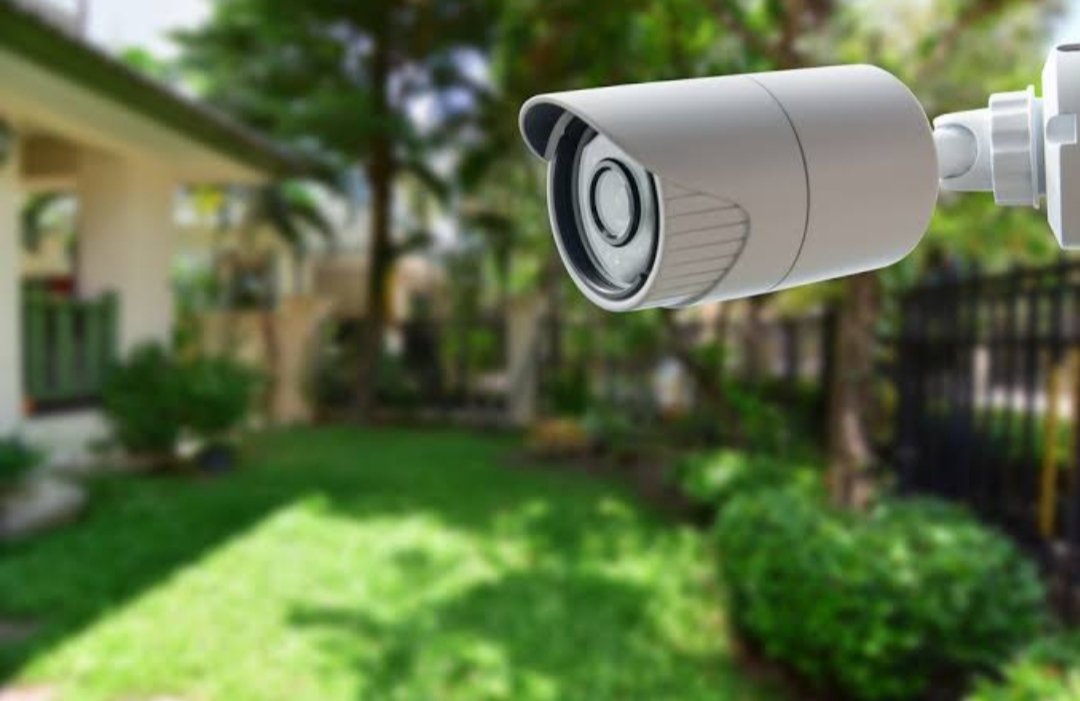Keypoints:
- CCTV cameras mandatory in all public and private places like shopping malls, educational institutions,bus stands, religious places ,etc.
- Every place which has not less than 500 visitors every day and public gatherings which see more than 100 people at a given point of time will have to install CCTV cameras.
Earlier this year, the assembly passed a bill on Wednesday making it mandatory for all public and private premises to install CCTV cameras. Places like shopping malls, educational institutions, religious places, bus stands, railway stations, industrial establishments and sports complex will have CCTV cameras.
The pros and cons of installing the CCTV cameras in private establishments have been discussed by the legislature council and whether it would increase the police interference in day to day working.
According to the law, every place which has not less than 500 visitors every day and all public gatherings which see more than 100 at one point of time will have to set up CCTV cameras. The state police have been granted complete powers by the law to enter any premises, without any warning to check if the cameras are working or not, and simultaneously submit a report on any default or violation to the Assistant Commissioner of Police (ACP) for further action. The ACP will then issue a notice to the owners to comply with the directives on CCTVs.
“The bill is meant to ensure that there is proper coverage of urban areas in the state, which will help us in curbing crime rate and deal with terror threat,” said home minister Ramalinga Reddy.
A whooping fine of Rs. 5000 (one month) and Rs. 10,000 (2nd month) will be levied by the ACP or the sub divisional police officer (SDPO) to the owners of those private establishments if they fail to abide by the notice. Even if they do not comply by paying fines, the police will have full authority to seal the premises temporarily and send a report to licensing authority.Religious institutions and educational institutions have been exempted from being sealed.
“The plan is to have around 3 lakh digital eyes which would cover almost the entire city. We have planned this to ensure that crime rate goes down drastically,” said joint commissioner of police (law and order), Vishwas Nangre Patil.
According to the law, every private establishment has to comply with the directives and submit a report to the police every 90 days.

